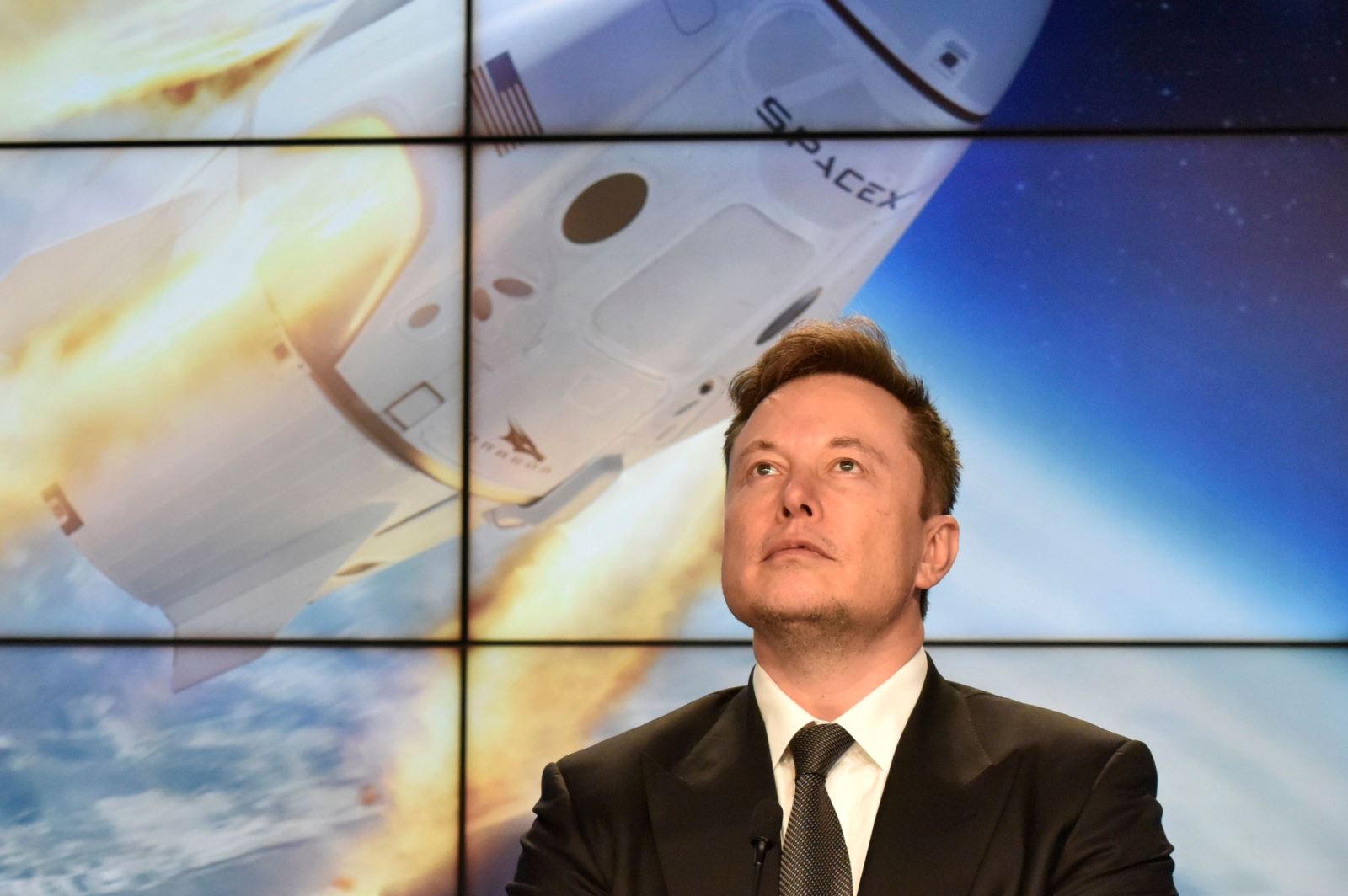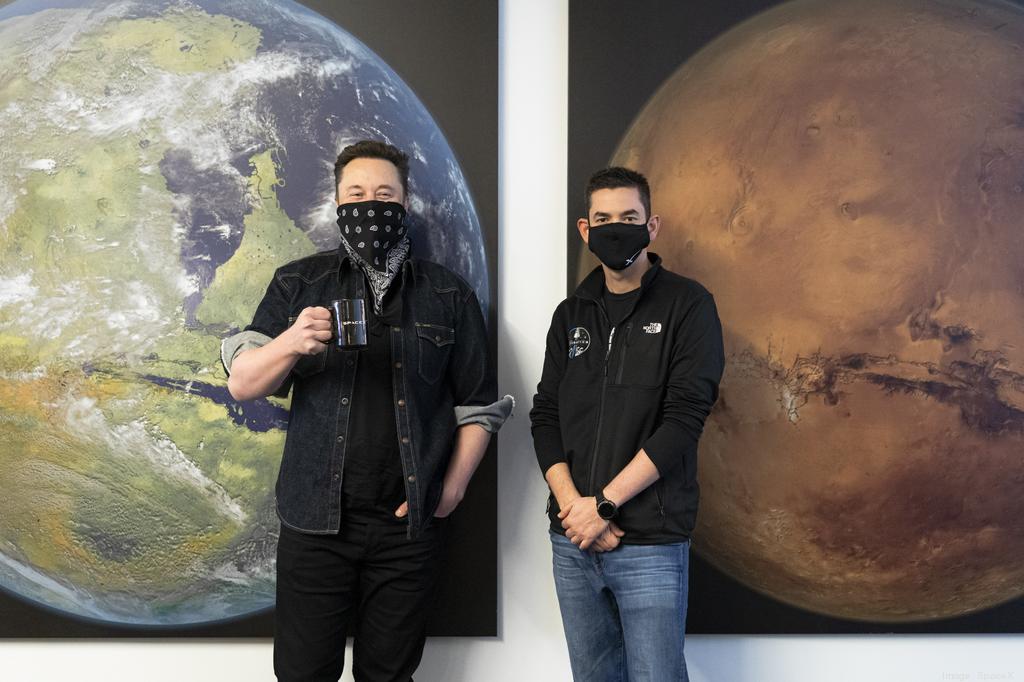Jared Isaacman, President Donald Trump’s controversial pick for the position of NASA Administrator, is currently under intense scrutiny from U.S. senators over his strong connections to Elon Musk and SpaceX. The intense questioning came during his Senate confirmation hearing, which revealed not only Isaacman’s deep ties to Musk’s space company but also potential conflicts of interest that could undermine the independence of NASA.
The situation is a dramatic turn of events for both Isaacman and NASA, with the future of the space agency now hanging in the balance.
Jared Isaacman is best known for his role as the founder and CEO of Shift4 Payments, but his more public identity has been shaped by his role in pioneering private space travel. In 2021, he became a household name when he flew to space as part of the Inspiration4 mission, which he funded and commanded through SpaceX.
Isaacman’s collaboration with SpaceX, headed by Elon Musk, has sparked significant concern on Capitol Hill.

During the Senate hearing, senators were quick to question Isaacman about his ties to Musk’s SpaceX, with specific attention given to how his close financial and professional connections to the company might compromise NASA’s ability to function independently. While Isaacman insisted that his relationship with Musk was not personally close and remained primarily professional, the senators were not convinced.
This confrontation highlighted just how entangled the private sector is with the U.S. government’s space exploration efforts—and how this might pose a conflict of interest when it comes to the future of NASA.
At the heart of the issue is Isaacman’s close involvement with Musk’s SpaceX, a company that has a massive stake in the future of both commercial and governmental space exploration. SpaceX has become NASA’s primary partner in transporting astronauts to the International Space Station (ISS) and is integral to the space agency’s plans for future lunar and Martian missions.
Musk’s company has already won numerous contracts with NASA and is in a position to receive even more as the U.S. government looks to expand its presence in space.
Isaacman’s role in the Inspiration4 mission, funded through SpaceX and partnered with Musk’s team, further complicates matters. While Isaacman has attempted to distance himself from any direct financial relationships with SpaceX in recent years, his past funding of the mission has left some senators questioning whether his appointment could lead to undue influence from Musk’s company over NASA.
The fear is that with Isaacman in charge of NASA, SpaceX could gain even more clout in future governmental contracts, potentially sidelining other companies vying for space-related contracts.
Senator Ed Markey, a member of the Senate Committee on Commerce, Science, and Transportation, was particularly vocal in his concerns. He pointed out that, as an entity, SpaceX had already amassed an enormous amount of control over U.S. space exploration and that any further concentration of power in the hands of Musk’s business interests could lead to a serious lack of diversity in space exploration contracts.
He questioned Isaacman on whether he would have the ability to oversee NASA independently or whether Musk’s influence would continue to grow unchecked.

What has made this issue particularly volatile is the increasingly important role private companies like SpaceX now play in space exploration. NASA has long been the dominant force in U.S. space endeavors, but in recent years, the private sector has stepped in to fill crucial gaps in space transportation, exploration, and research.
This shift has created a complex landscape where private corporations are no longer just contractors but are now becoming central players in space policy.
This transformation was most evident during the space race between Musk’s SpaceX and Boeing, two of NASA’s largest private partners. As the U.S. government seeks to push for a renewed space presence on the Moon and Mars, it has relied heavily on partnerships with companies like SpaceX. Musk, with his aggressive vision for space exploration, has garnered significant political capital within the space community, making it difficult to ignore his influence when talking about the future of NASA.
Isaacman, having worked closely with Musk on private missions, now finds himself at the center of a political firestorm. Senators are asking whether Isaacman, who once worked with Musk to advance private space travel, can truly separate his past from his future role as NASA Administrator.

Some worry that the influence of private companies like SpaceX could overshadow the mission of NASA, turning the agency into little more than a pawn in the commercial space race.
One of the major ethical questions surrounding Isaacman’s appointment is the degree to which he will be able to remain impartial. Isaacman has publicly stated that, should he be confirmed as NASA Administrator, he would resign from his CEO role at Shift4 Payments and sever his financial ties with SpaceX.
However, senators were quick to point out that merely stepping away from the financial aspects of the relationship may not be enough to erase the potential influence that Musk and SpaceX could exert over Isaacman’s decisions.
The issue at stake is not just one of personal relationships but also the broader implications for NASA’s credibility and objectivity. If a person with such deep ties to a private company were to oversee NASA, it could signal a shift away from an agency that once prided itself on being an unbiased, independent force in space exploration.

The increasing dominance of private companies in space exploration has raised critical questions about the future of NASA. As more missions are outsourced to commercial entities, the lines between government and private industry continue to blur.
For some, this shift is seen as a positive development, signaling greater collaboration between public and private sectors, and opening up space exploration to innovative new players. For others, however, it’s a slippery slope that threatens to compromise NASA’s long-held values of impartiality, fairness, and transparency.
Isaacman’s nomination could very well set a precedent for future NASA administrators, where ties to the private sector are increasingly seen as acceptable, if not necessary. This could lead to an era where NASA is less of a government agency and more of a partner to large corporations in the space race.
While that may be appealing from an economic standpoint, the risk is that it could shift the priorities of NASA toward profit-driven ventures rather than the broader goals of scientific exploration and international cooperation.

As of now, Isaacman’s fate hangs in the balance. The outcome of this confirmation process will determine whether NASA can maintain its independence in an age of rising private space influence. Senators remain divided on whether Isaacman’s extensive ties to Musk’s SpaceX pose a risk to NASA’s autonomy.
What is clear, however, is that Isaacman’s confirmation could signal the beginning of a new chapter in the space race—one in which private companies like SpaceX wield increasing power over government space programs.
The confirmation hearings are far from over, and with the political drama continuing to unfold, the future of NASA—and its relationship with the private sector—will likely never be the same. Whether Isaacman can overcome these challenges and prove that he can lead NASA without Musk’s shadow remains to be seen.
However, the questions raised by this process have already ignited a larger debate about the role of private companies in the future of space exploration. One thing is certain: the battle for NASA’s soul is just beginning.





